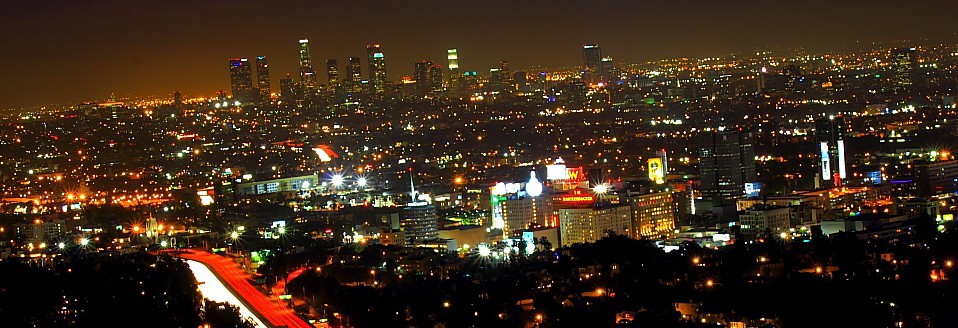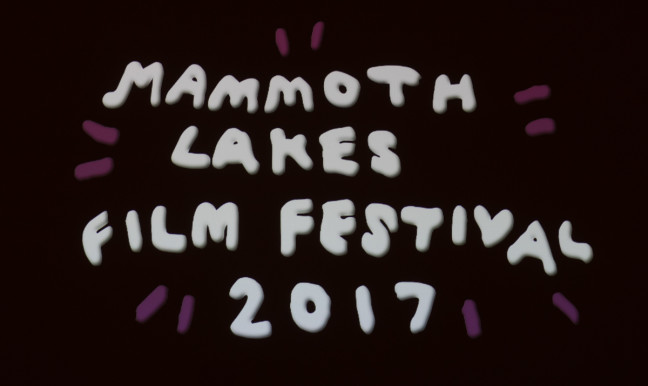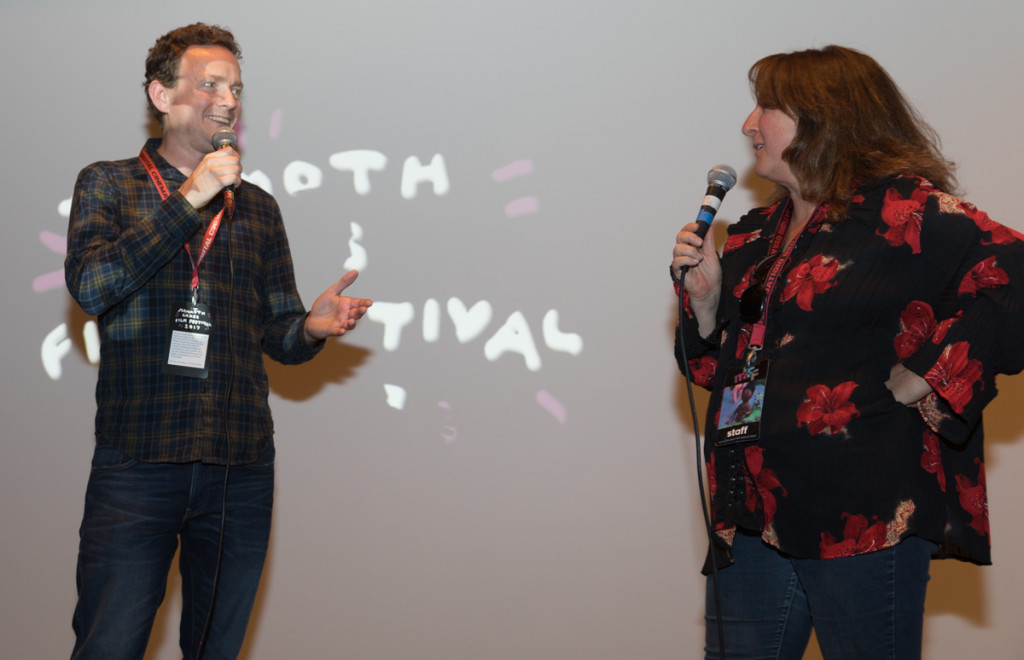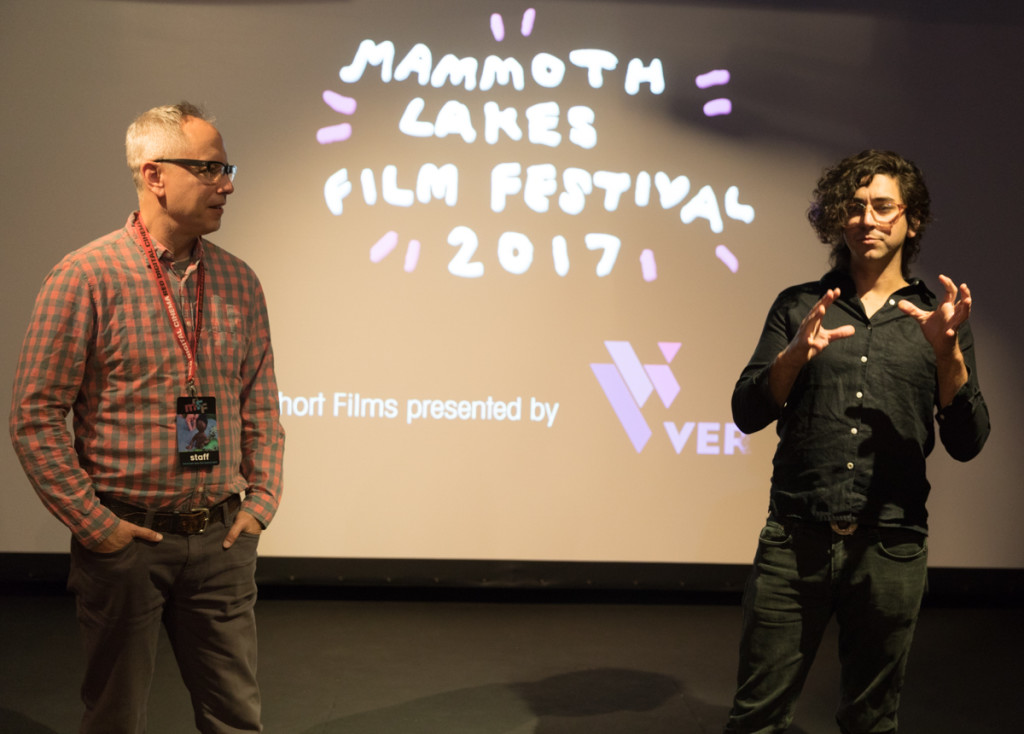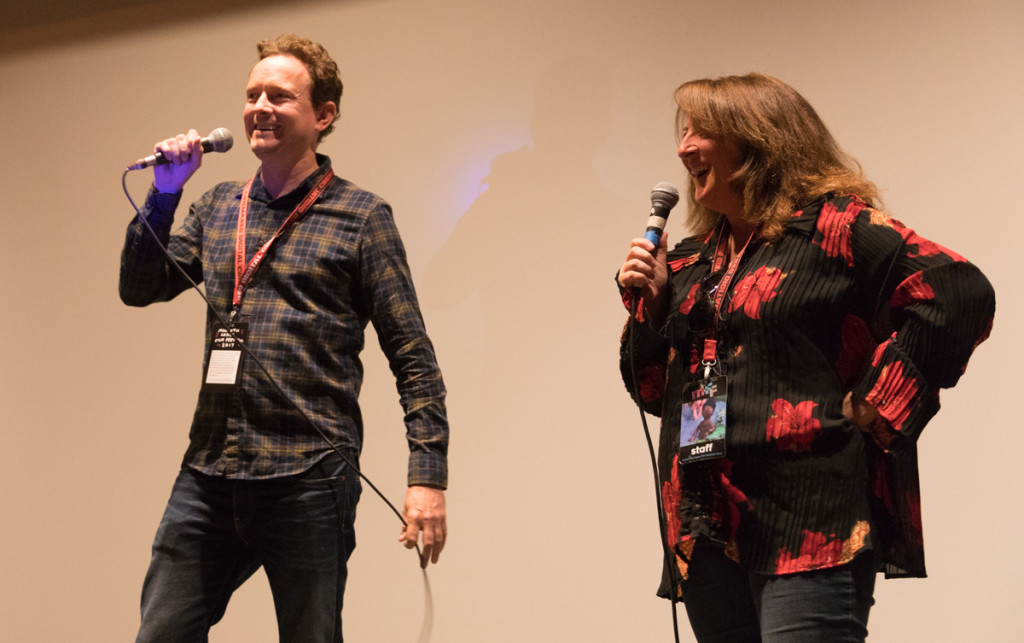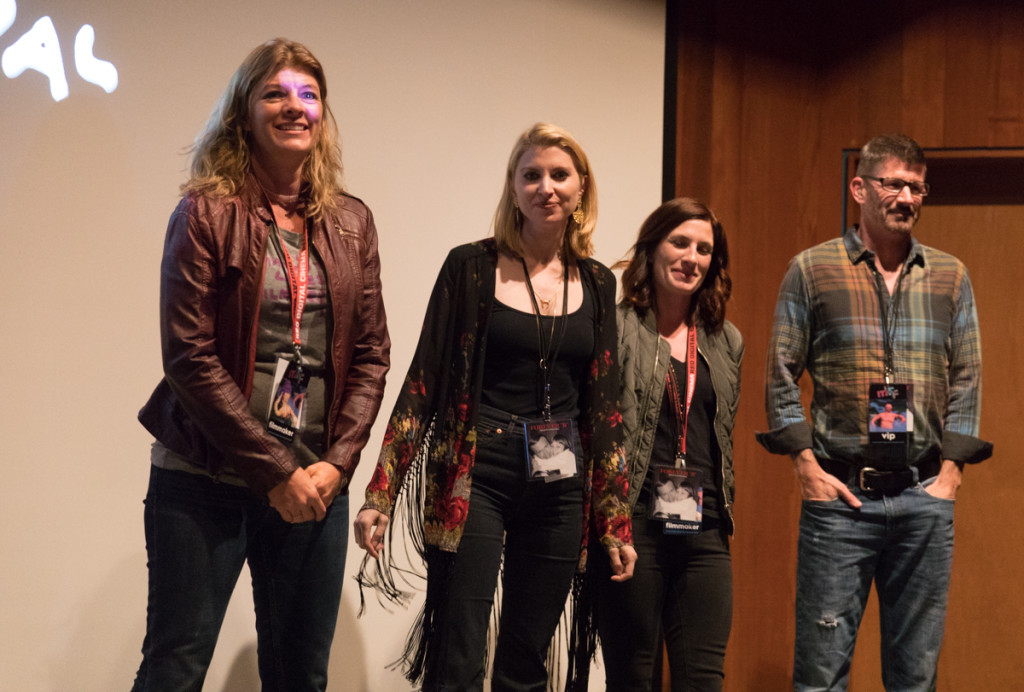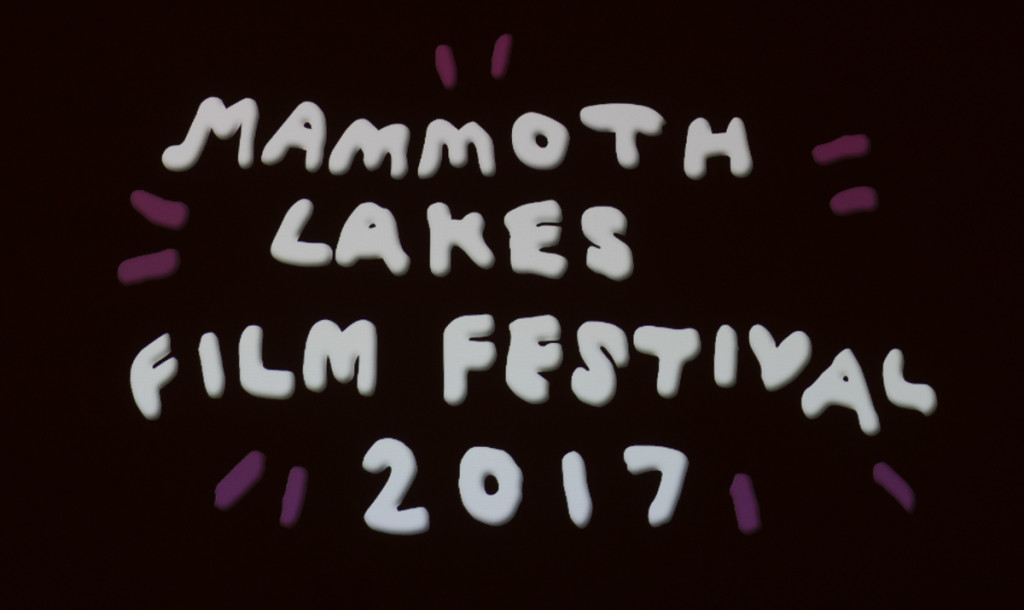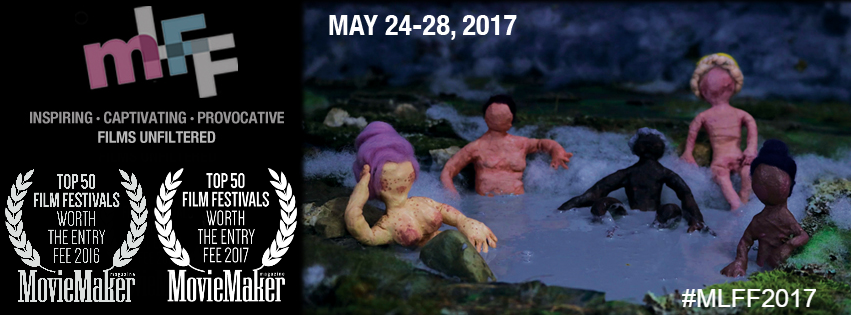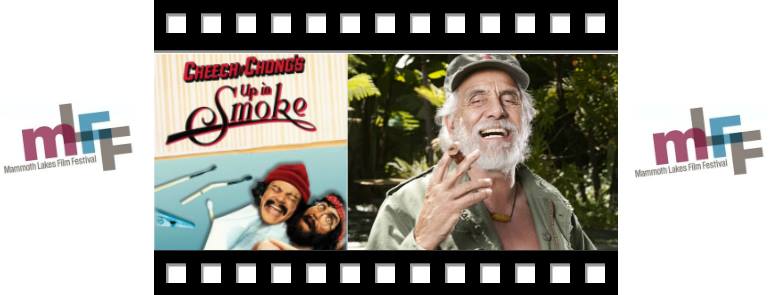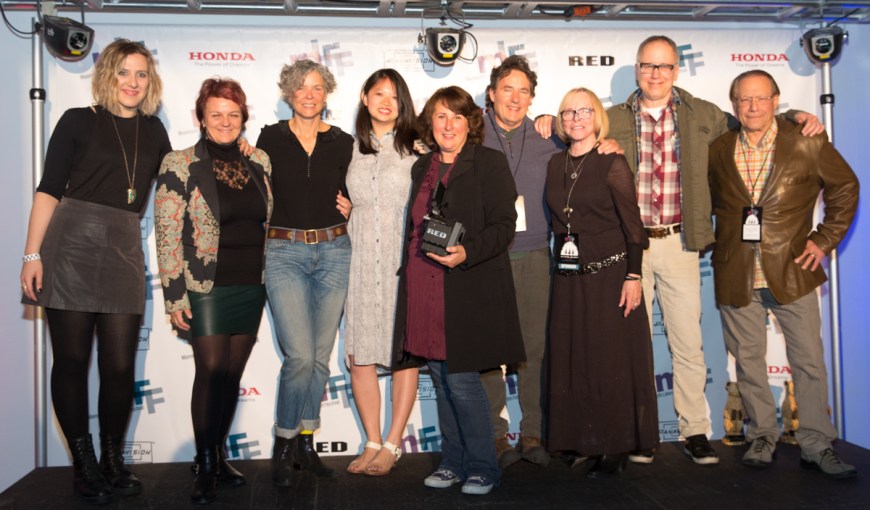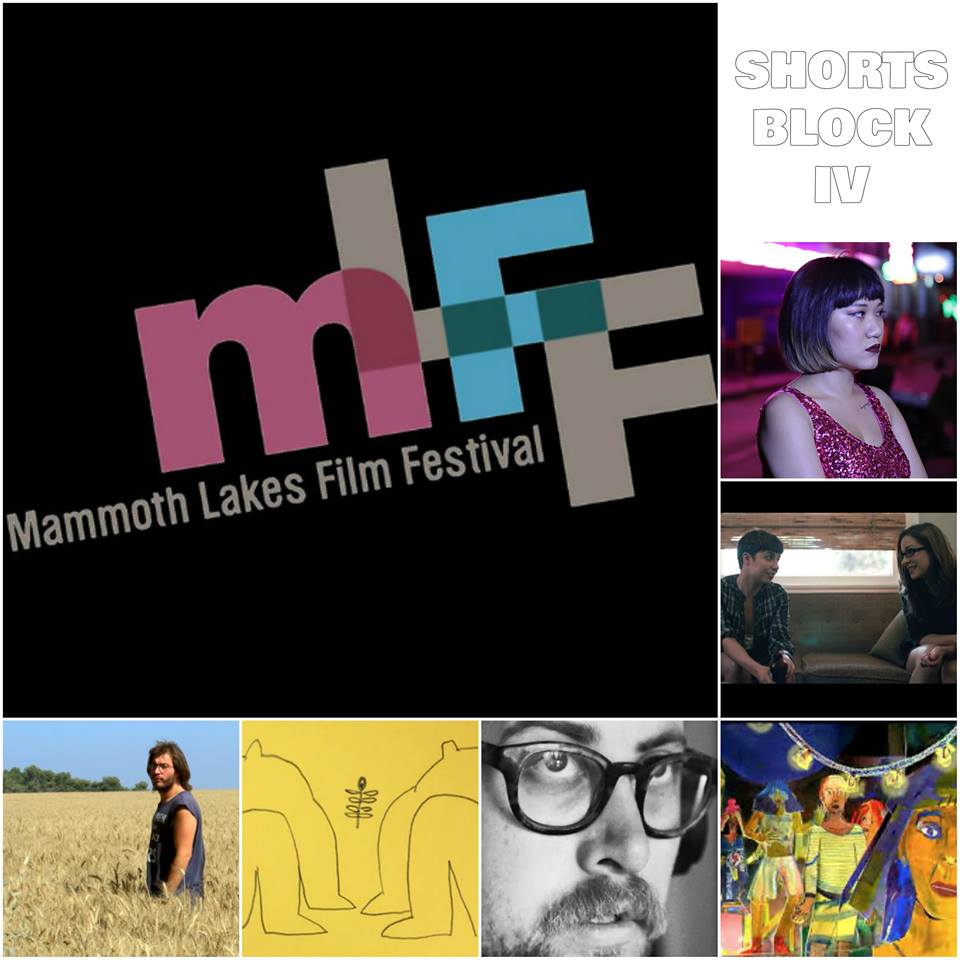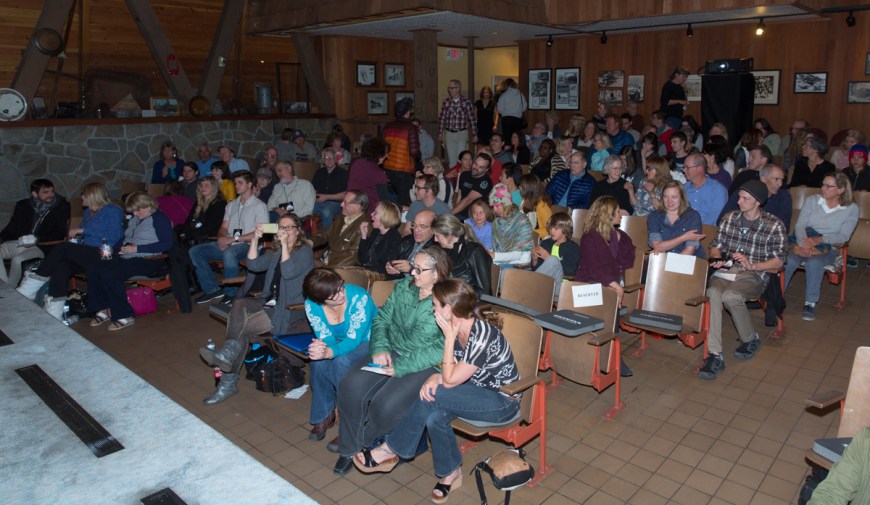The second full day of programming at the Mammoth Lakes Film Festival brought two dynamic documentaries and a great group of shorts. The docs program is incredibly strong at MLFF this year, and both “What Lies Upstream,” an indictment of government handling of a massive chemical spill, and “Abducted in Plain Sight” a fascinating and appalling look at the fallout from a child molester are compelling projects.
Shorts Block 2 brought a wide range of films including “Sadhu in Bombay,” an intimate rough and tumble portrait of a bitter Mumbai chauffeur, the pencil-drawing animated “Insect Bite,” and “Oui Mais Non (Yes but No Thanks),” a French Canadian film about the relationship between a zany/crazy neighbor girl and a young wife which was strange, funny, and exhilarating. “Cold Shivers” gave the audience just that, as director Marius Myrmel deals with the fall out from an incestuous mother/son relationship. Abstract animation came to the fore with the projected animation visuals of “Chella Drive,” a reflection on a Southern California suburb; “The Sacred Mushroom Edition” amusingly details a conversation between two fallen angels about rock and roll. “Lucas Camry Alex” is a wild slice of life set in New Orleans that focuses on relationship problems and ends with an indelible image of a burning car in the Gulf of Mexico. Michael Arcos, one of three directors on the sultry, fascinating film says “Lucas was the actual guy who owned a car he wanted to destroy for insurance reasons…the project cost us $400 and a car. We shot with four different cameras. We made it for ourselves,” he says. New Orleans, which itself is a character in the film is “Like a junk Disneyworld, it has a pretty harsh underbelly. ” Arcos says he’s drawn to that slightly seamy side of life, and is now focusing on another short called “The Booth” which depicts private viewing booths in adult stores. “4:15 PM The End of the World” rounded out the shorts program in which a cynical deliveryman meets a hitchhiker who claims to be Jesus but may in fact be a murderer. Eerie and darkly comic, this is an assured and memorable work.
Now to those docs: “What Lies Upstream” is every inch the passion project of investigative filmmaker Cullen Hoback, who traveled to West Virginia to uncover the truth behind a massive chemical spill that left no doubt about the power of lobbyists and bureaucratic cover-ups all the way to the top levels of government. As much a suspense thriller as a documentary, Hoback’s exacting eye became tuned to two vast problems involving pollution today: “There is so much money influence, and then bureaucracy and careerism. The mentality in agencies like the EPA and the CDC is that in order to look like they’re doing their jobs, they don’t do their jobs at all. That’s the crux of it.” The West Virginia spill left 300,000 people without drinking water for months, and leads to a trail of corruption. “Every documentary filmmaker will say the same thing,” Hoback reports. “If you haven’t figured out the real meaning to your story, you just need to wait. What I found was that if you wait long enough, the money will find a way. Without campaign reform, you can’t address lobbyist dollars and political appointments. There’s a lack of a firewall between politicians and science. It’s like a corrupt police department, and we need independent research and an auditing system.” Beautifully shot and masterfully told, this is a must-see film about the environmental perils – and the governmental ones – around us.
“Abducted in Plain Sight” presents the fascinating and deeply strange story of the Broberg family circa the 1970s. Mother, father and 12 year old daughter Jan fell under the sway of a charismatic pedophile – who had affairs with both parents and kidnapped Jan twice. The film had its world premiere at MLFF. Director Skye Borgman notes “It’s a very messy story, and it was hard to get that sympathy in there for the parents, but we always came back to the truth and how it would guide us. The book that Jan and her mother eventually published had more crazy twists and turns in it than I presented in the film, but didn’t reveal all that we did. I’m not sure how we gained their trust – we sat and listened for eight hours. It took them forty years to get to the point where they were able to reveal what they did.” Borgman says the editing process was extremely difficult, inter-cutting the horrifying and intense interviews with Jan, her sisters, and her parents with reenactments of events, audio tapes provided by the FBI, and family photographs. A jaw-dropping story, the film serves as a cautionary tale in the extreme.
Another day of provocative, exciting programming at MLFF – and another reason to make the drive “into the woods” for films you won’t want to miss.
- Genie Davis; Photos: Jack Burke
